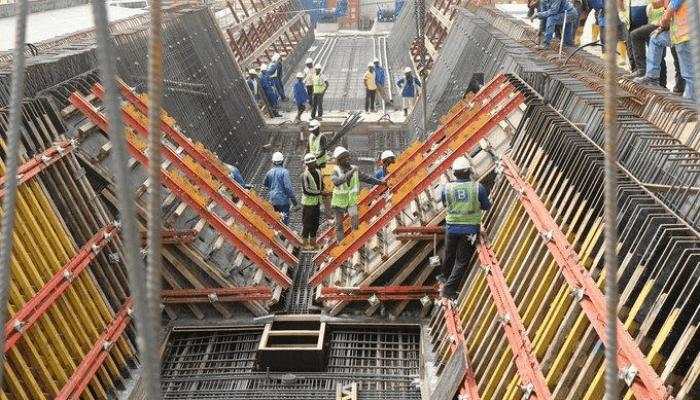Nigeria stands at a pivotal juncture in its development trajectory. As Africa’s most populous nation and largest economy, its growth potential is immense — yet persistently undermined by a severe infrastructure deficit. With infrastructure stock estimated at only 30% of GDP, well below global norms, the nation’s aspirations for prosperity and competitiveness hinge on a decisive shift from traditional public funding to modern, diversified financing mechanisms.

The current fiscal environment, marked by limited budgetary space and a debt stock exceeding $97 billion, underscores the urgency for innovative solutions. The National Integrated Infrastructure Master Plan’s projection of a $3 trillion need over three decades highlights the scale of the challenge. Traditional approaches have failed to deliver the quantum and quality of infrastructure required; thus, a paradigm shift toward smarter, sustainable, and blended financing models is imperative.
Across critical sectors — energy, transport, water and sanitation, and ICT — the gaps are stark. Erratic electricity access, poor road networks, inadequate water infrastructure, and uneven digital connectivity collectively stifle productivity and exacerbate inequality. Comparative analysis with peers such as Egypt and South Africa reveals that Nigeria’s lag stems less from lack of ambition and more from inconsistencies in governance, weak investor confidence, and underdeveloped policy coherence.
Modern infrastructure financing offers a viable path forward. The toolkit includes Public-Private Partnerships (PPP), Green and Blue Bonds, blended finance, infrastructure funds, and credit enhancements through institutions such as InfraCredit and the NSIA. Complementary innovations like Sukuk bonds, infrastructure debt funds, diaspora investments, REITs, crowdfunding platforms, and cooperative financing expand the spectrum of options for mobilising both domestic and international capital.
Crucially, sustainability and finance must converge. Integrating ESG-aligned practices — from renewable energy and climate-resilient roads to digital inclusivity — will attract long-term private capital and align Nigeria’s development with global investment trends. However, achieving this requires more than technical innovation: it demands institutional reform, policy consistency, and a culture of transparency that builds investor trust.
